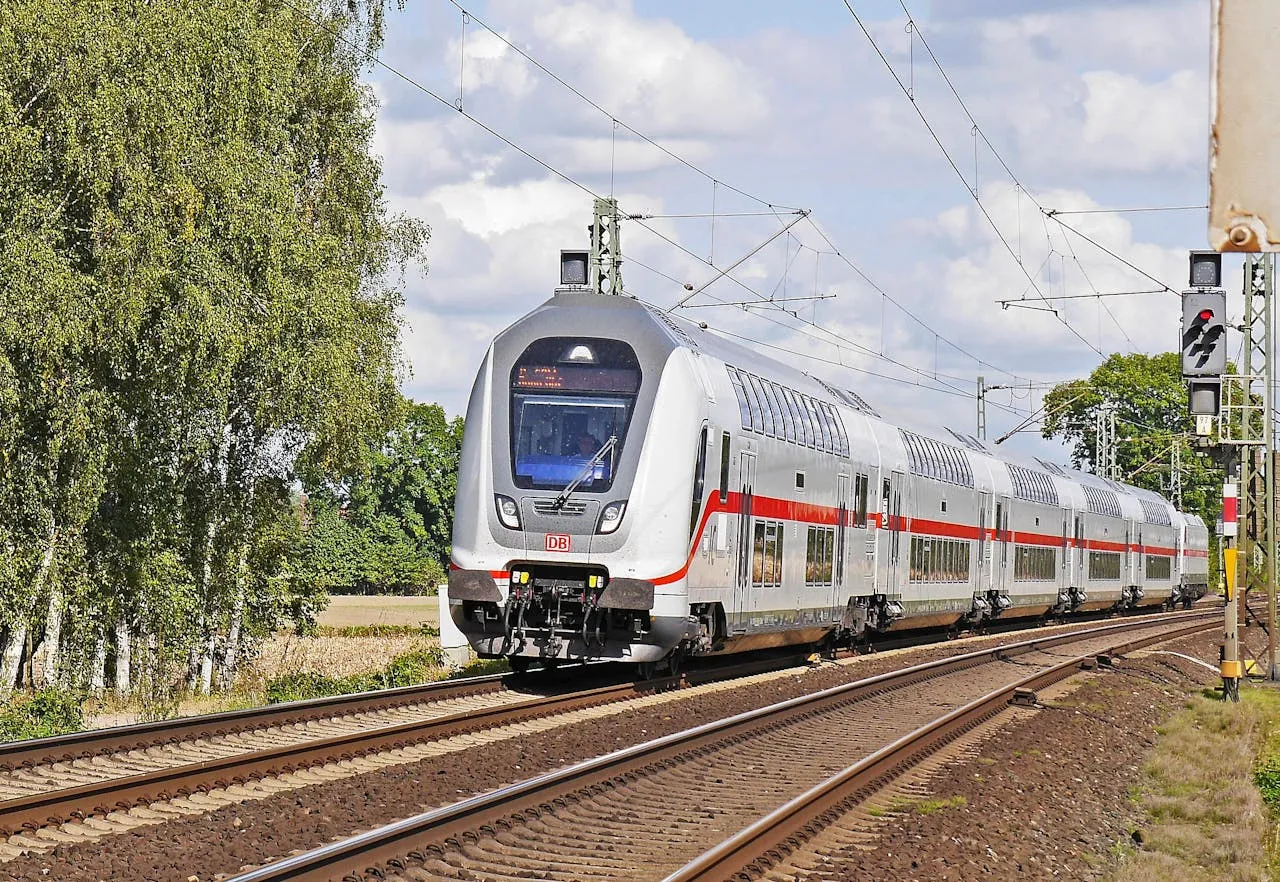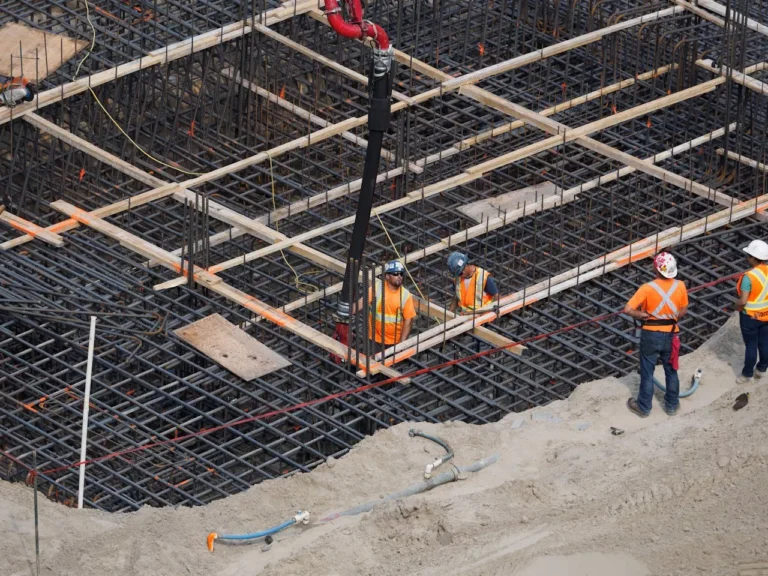
HOCHTIEF Secures Major Deutsche Bahn Contract for Rhine Rail Overhaul
HOCHTIEF has been awarded a significant contract by Deutsche Bahn as part of Germany’s national rail modernization initiative. The project involves the comprehensive refurbishment of a 42-kilometer stretch of double-track railway along the right bank of the Rhine River, running from Wiesbaden to Lorchhausen. This vital infrastructure upgrade is valued at over €170 million and represents a key step in the broader overhaul of the country’s rail system.
The scope of the project includes substantial improvements to both rail infrastructure and passenger facilities. In addition to upgrading the tracks, the contract covers work on ten level crossings and twelve train stations, all of which will either be newly constructed or extensively converted. Furthermore, two pedestrian underpasses will be built to enhance safety and accessibility for passengers and residents in the region.
While the main phase of construction is scheduled to run from July to December 2026, preparatory work for the overhaul already began in the summer of 2025. This early start highlights the urgency and scale of the project, which is seen as a critical component of the national plan to strengthen and modernize rail connections across Germany.
The project along the Rhine is one of several high-profile rail contracts recently secured by HOCHTIEF. The company is also part of a joint venture that has been commissioned to build the second main line of the Munich S-Bahn, a major urban railway system serving the Bavarian capital. This multi-year contract, valued in the high three-digit million-euro range, will establish a new underground connection between the Ostbahnhof and Marienhof stations. The venture builds on HOCHTIEF’s longstanding presence in Munich’s rail infrastructure development, having been involved in the construction of the new Marienhof underground S-Bahn station since 2018.
Juan Santamaría, CEO of HOCHTIEF and parent company ACS Group, emphasized the strategic importance of these contracts within the context of Germany’s broader transportation goals. “With the expansion and renewal of railways, we are making a significant contribution to improving transportation infrastructure in Germany,” said Santamaría. “The €500 billion infrastructure investment package recently approved by the Bundestag offers enormous opportunities to accelerate the modernization of the country.”
This comprehensive investment initiative aims to address the growing demand for sustainable transportation in Germany and the EU. Rail transport is a key pillar in national climate and mobility strategies, offering a more energy-efficient and environmentally friendly alternative to road and air travel. Projects like the Rhine Valley and Munich S-Bahn upgrades align with the federal government’s commitment to decarbonizing the transport sector and shifting more freight and passenger traffic onto rail.
HOCHTIEF’s continued success in securing high-value rail infrastructure contracts reflects its strong technical capabilities and longstanding experience in delivering complex civil engineering projects. The company’s track record includes not only large-scale transportation hubs but also tunnels, bridges, and other critical infrastructure across Germany and internationally.
As Germany seeks to modernize its aging rail network, reduce bottlenecks, and improve service reliability, partnerships with experienced construction firms like HOCHTIEF will be vital. The Rhine rail corridor in particular serves as a major north-south route for both freight and passenger trains, making its timely refurbishment essential for maintaining network capacity and resilience.
With construction timelines now firmly established and preparatory work already underway, HOCHTIEF is positioned to play a central role in delivering one of Germany’s most ambitious infrastructure upgrades in recent years. The successful execution of these projects is expected to not only enhance connectivity for millions of travelers but also reinforce Germany’s position as a leader in sustainable, future-ready transportation.




